Local stewardship in Myanmar

Mining along the Upper Chindwin River. Credit - Thanapon Piman, SEI.
Local stewardship to conserve Upper Chindwin Basin of Myanmar
In the Upper Chindwin Basin (UCB) of Myanmar, the community-based integrated catchment project funded by the Darwin Initiative is presently driving ecosystem conservation and livelihood sustenance, with a primary focus on wetlands conservation to promote resilient livelihoods. The project intends to integrate ecosystem service and livelihood assessments, biodiversity assessments, and Community Action Plan (CAP) development in order to promote sustainable land and water management practices, agriculture, and other sectors.
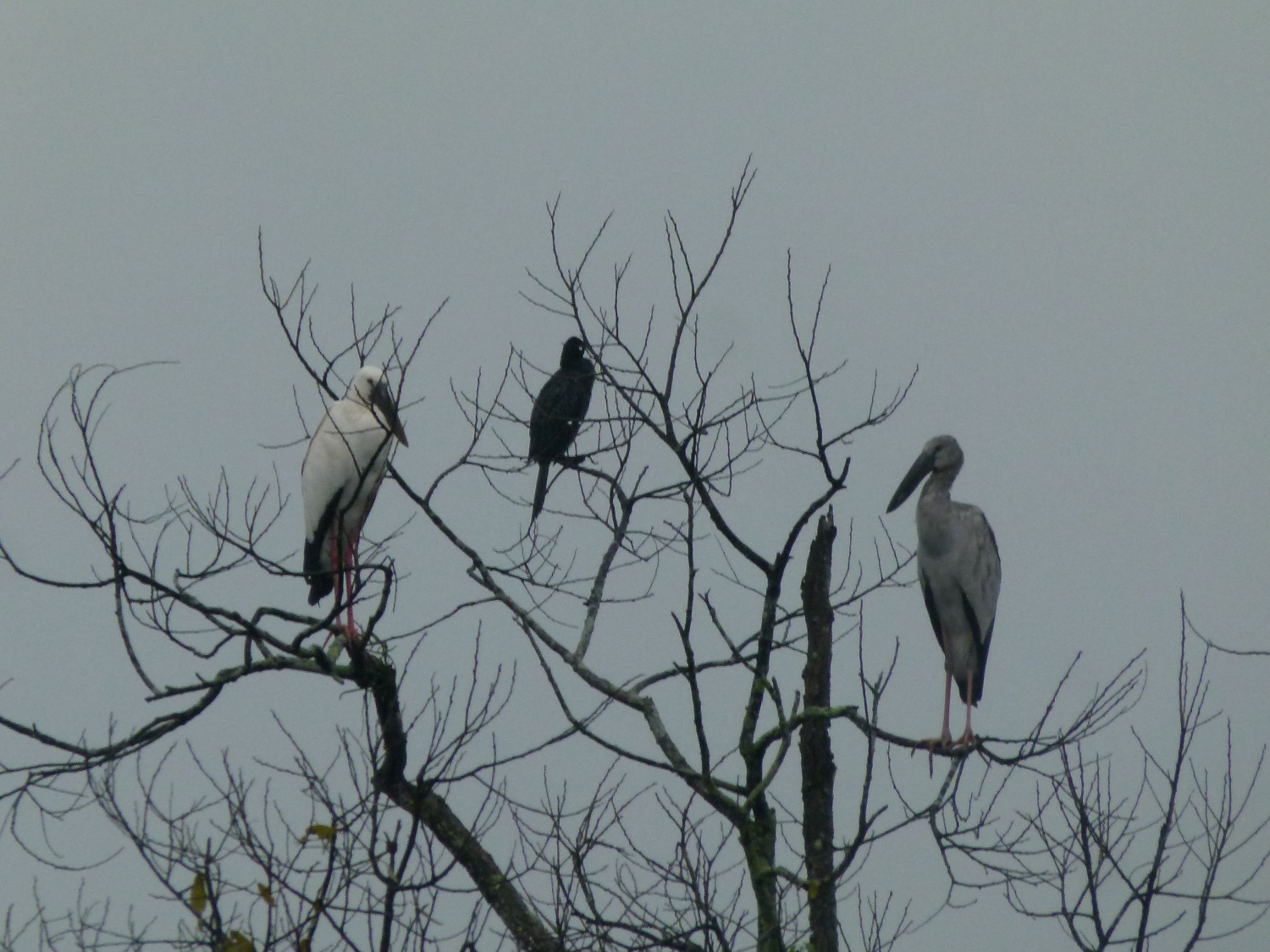
Conserving biodiversity richness of Upper Chindwin Basin (UCB)
UCB is home to a myriad of wetlands and diverse ecosystems, recognising Key Biodiversity Areas. These areas play a key role in hosting numerous floral and faunal species of conservation significance, including the Burmese roofed turtle (Batagur trivittata), Asiatic softshell turtle (Amyda cartilaginea), Burmese peacock softshell turtle (Nilssonia Formosa), and Myanmar narrow-headed softshell turtle (Chitra vandijki) as faunal species, and Kanyin Phyu (Dipterocarpus alatus) and Kanyin Ni (Dipterocarpus turbinatus) as floral species. The project centres its efforts on addressing various vulnerabilities that pose risks to ecosystem integrity. These threats include logging, improper land and water management, mining, fishing practices, livestock farming, and impacts of climate change.
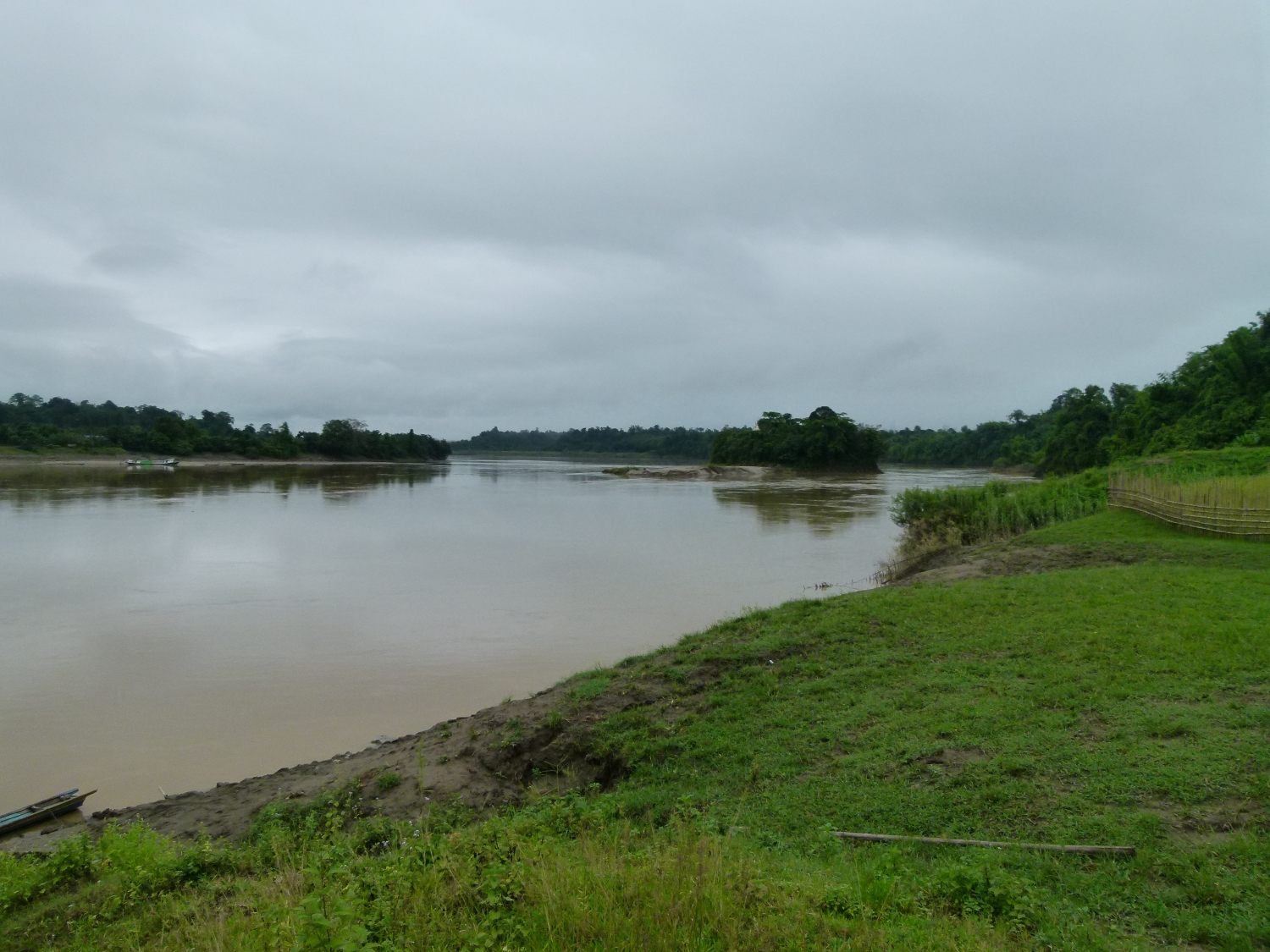
Targeted actions for conservation
An initial rapid assessment was conducted in the Upper Chindwin basin, encompassing 10 villages dependent on wetland resources. Using RAWES, threat assessment, and wetland mapping tools, five wetlands and four villages with higher levels of threats due to activities like logging and resource extraction were prioritised for conservation. A comprehensive baseline survey followed, addressing livelihood dependence and community knowledge, perception, and attitudes to establish the region's first-ever baseline. Biodiversity assessments and water quality analysis underscored the need for wetland conservation.
During the assessment, village communities emphasised the absence of any wetland management initiative, as well as a significant knowledge gap in sustainable wetland use and alternative livelihoods. In response, and in collaboration with communities, the project is developing CAPs for four villages, focusing on capacity-building through training and workshops.
To facilitate the CAP's implementation in the identified villages, village committees have been established, consisting of 29 members across four villages, which include women and youth representatives.
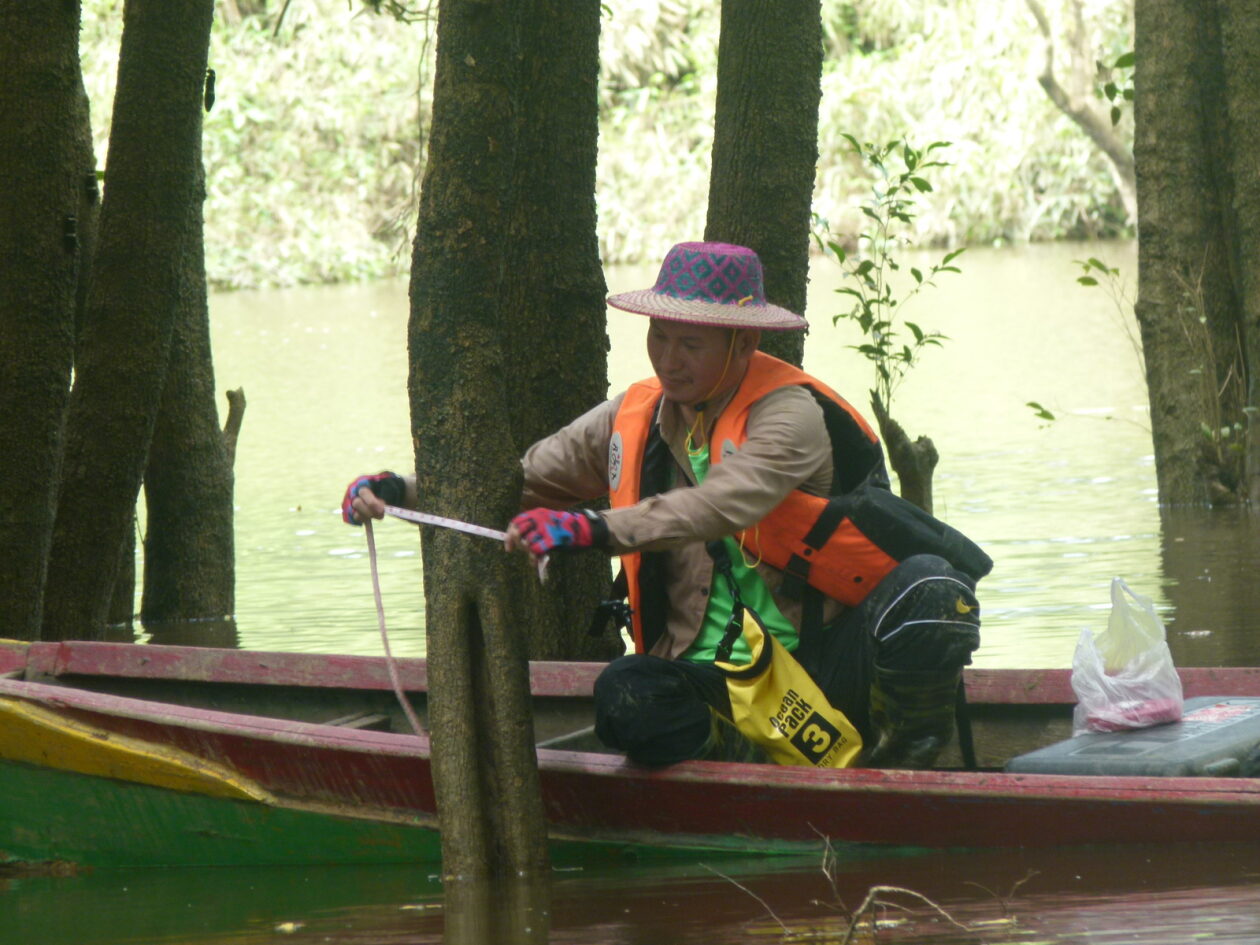
Empowering communities through co-assessment, co-developing CAP, and training
In the face of challenges to wetland conservation due to unsustainable practices, the project prioritises community education and capacity building. Initially adapting to international travel restrictions, the project concentrated on empowering local Civil Society Organisations, Naga Social Network Organisation (NSNO), government bodies such as the Environmental Conservation Department (ECD), and village committees. This joint effort, led by the Myanmar Environment Institute (MEI) and SEI at Hkamti township, provided comprehensive training to 24 participants from these crucial groups.
Subsequent intensive two-day training sessions, organised by NSNO in each of the four villages, were tailored to enhance the skill sets of village community specifically. Covering topics on wetland conservation, biodiversity, and ecosystem services, these sessions successfully strengthened the capacities of approximately 75 community members.
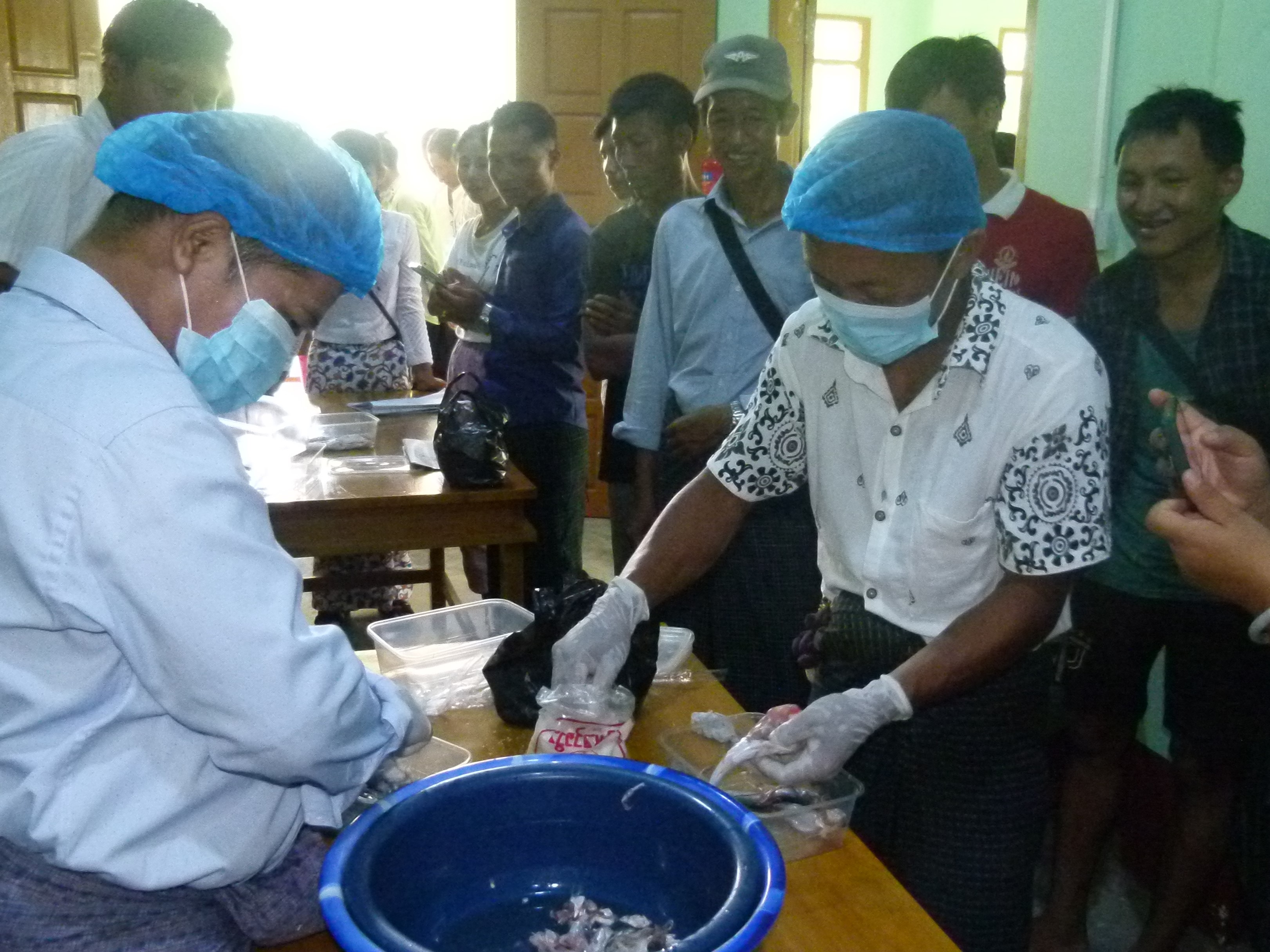
Transformative training initiatives
Training sessions have been organised, familiarising the communities with the intrinsic values of wetlands and the urgency of their conservation to sustain habitats and restrict biodiversity loss. Inclusion of practical sessions and hands-on exercises has proven to be highly effective in generating significant enthusiasm among participants. Communities have expressed newfound appreciation and understanding of wetland values, biodiversity conservation, and sustainable resource use. The necessity for proactive actions was recognised by community members and they voiced concern regarding resource depletion and insufficient technical know-how for conservation and management of ecosystems and resources.
A specialised four-day training programme was designed and implemented to improve livelihood prospects for communities. It aimed to enhance the skills of over 140 participants from local communities in the processing and quality control of aquatic products, small-scale fish farming, and sustainable techniques for inland fisheries. The community members not only embraced and valued these training sessions but also expressed a desire for more frequent sessions, particularly focusing on practical, hands-on learning.
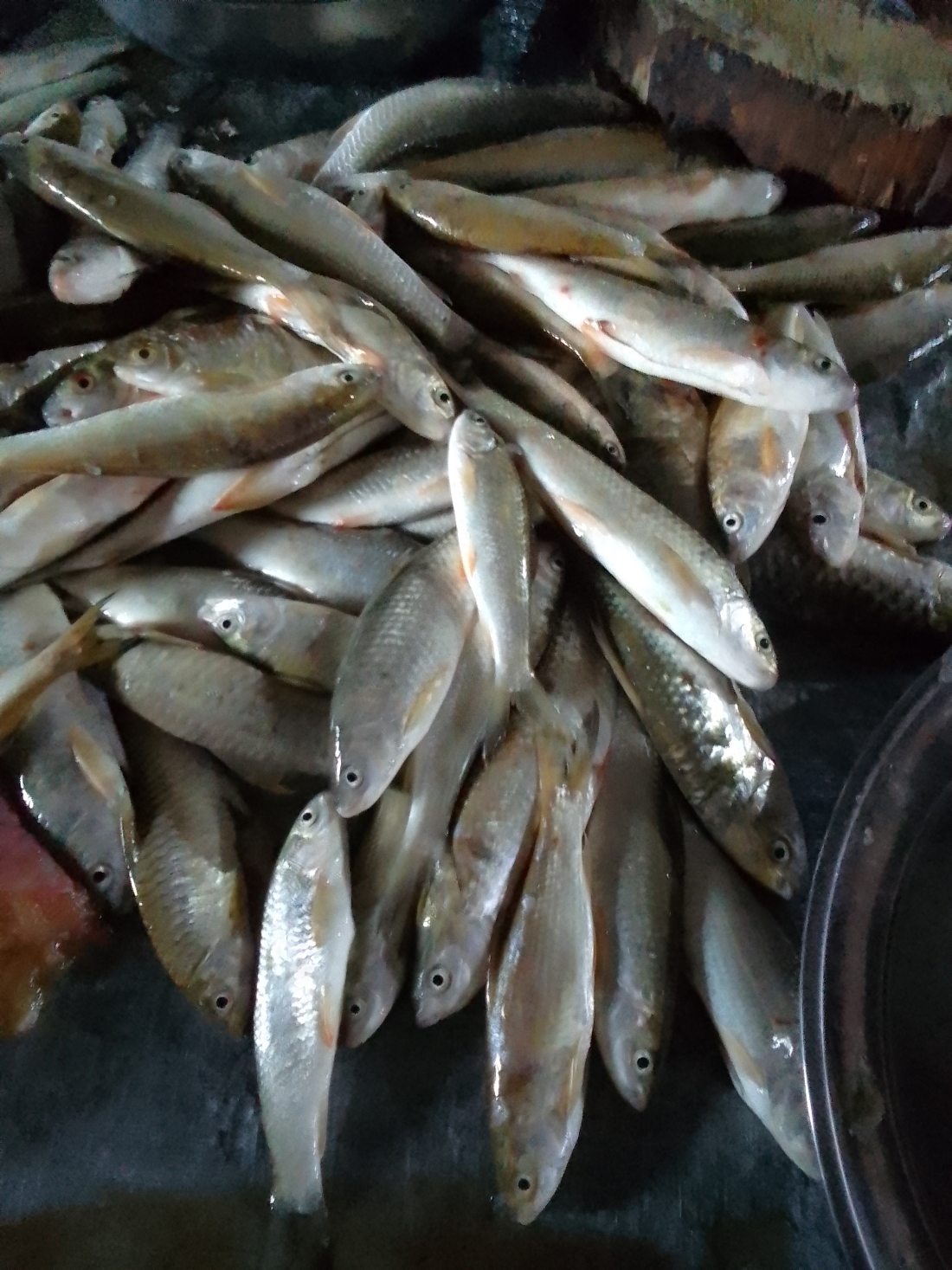
Challenges and way forward
Numerous obstacles continue to hinder the implementation of field activities in the region, particularly when conducting activities beyond the confines of Hkamti municipality, primarily due to COVID-19 and the ongoing military coup. Despite these obstacles, the commitment of communities, in conjunction with the assistance provided by local partners such as NSNO and MEI, offers a positive outlook for the long-term conservation and management of the Upper Chindwin basin. As a way forward, the project will prioritise the implementation of community-driven initiatives to proactively conserve biodiversity. This will involve identifying and designating conservation zones within selected wetlands, and establishing community-based rules and regulations.
Written by Ridhi Saluja, Than Htway Linn, Thanapon Piman, and Win Maung. For more information on this Darwin Initiative Main project 27-009, led by the Stockholm Environment Institute (SEI), please click here.
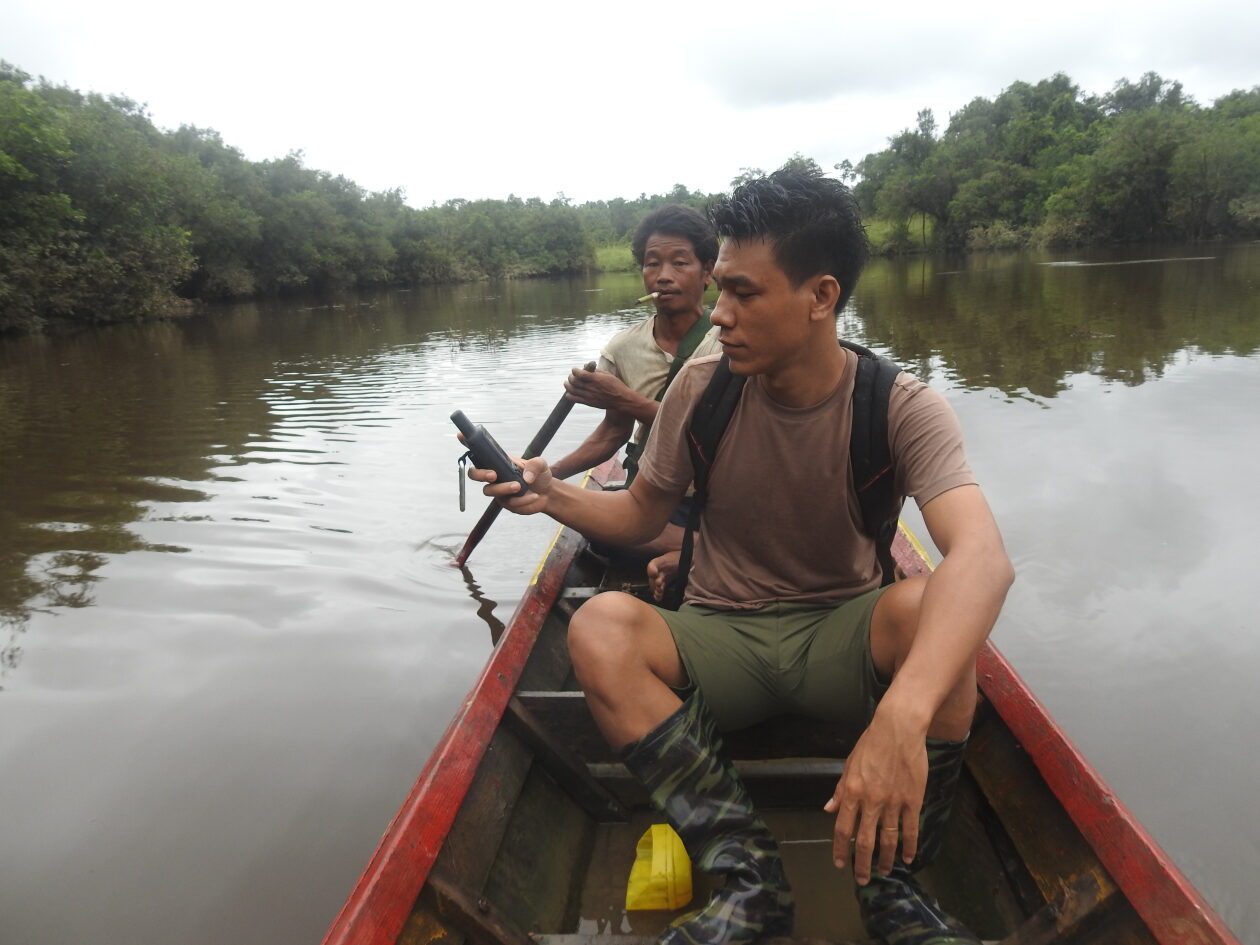
 Back
Back